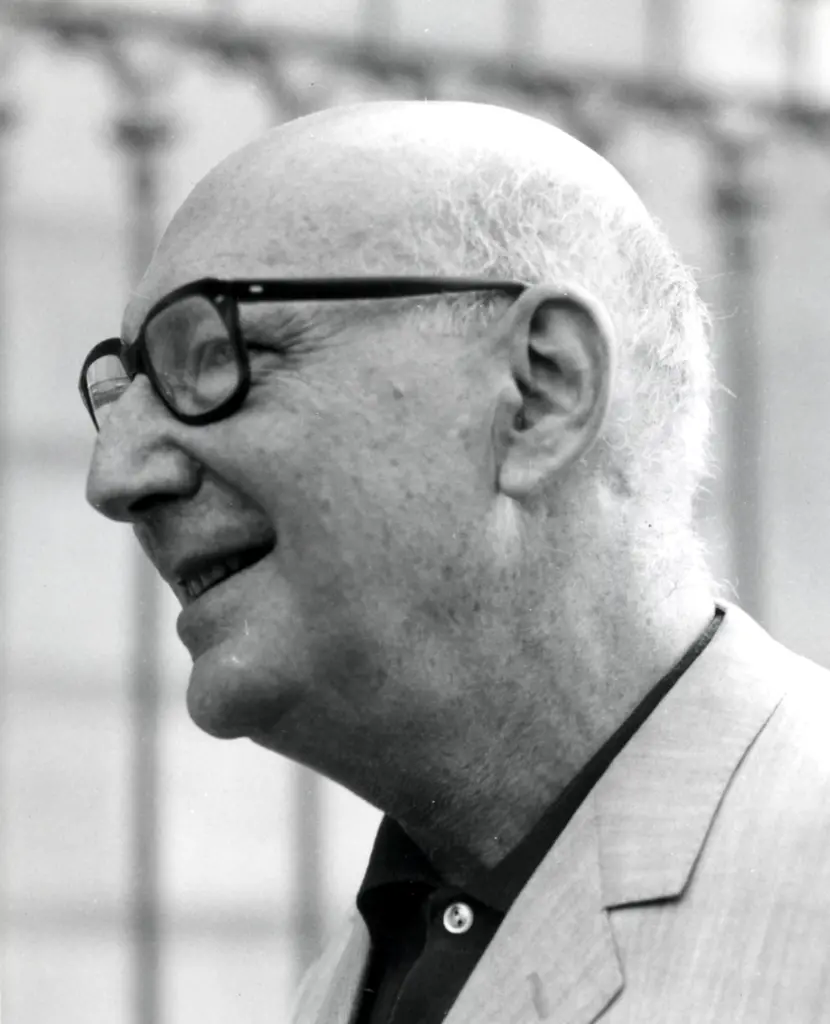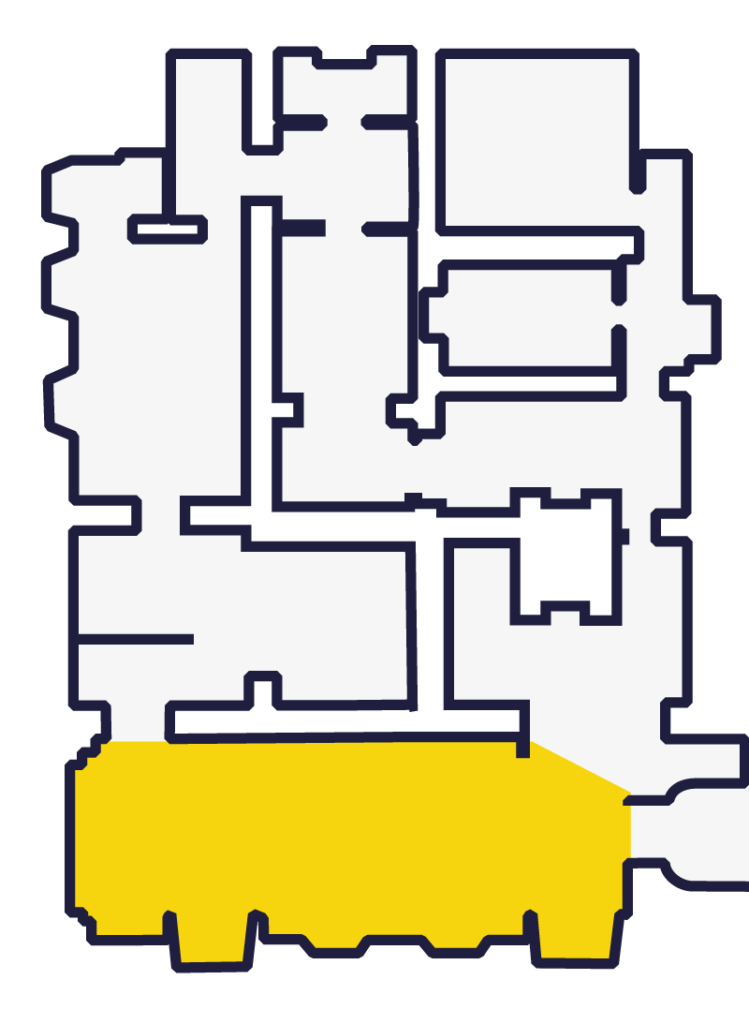Claudio Magris
The great river of Central European literature leads to Trieste
«La diversità di Trieste si afferma soprattutto, dopo il ritorno all’Italia nel ‘54, quale diversità dall’italianità, quale scoperta – attuata, all’inizio, soprattutto dagli ex irredentisti d’un tempo – della propria “austriacità”, della propria anima mitteleuropea. Il mito asburgico – d’un impero la cui idea sembra rifulgere soprattutto quand’esso è scomparso e consistere quindi in un’assenza e nella nostalgia ch’essa evoca – diviene un punto di riferimento centrale della triestinità, una cifra essenziale del suo immaginario». Angelo Ara, Claudio Magris, Trieste. Un’identità di frontiera (1982)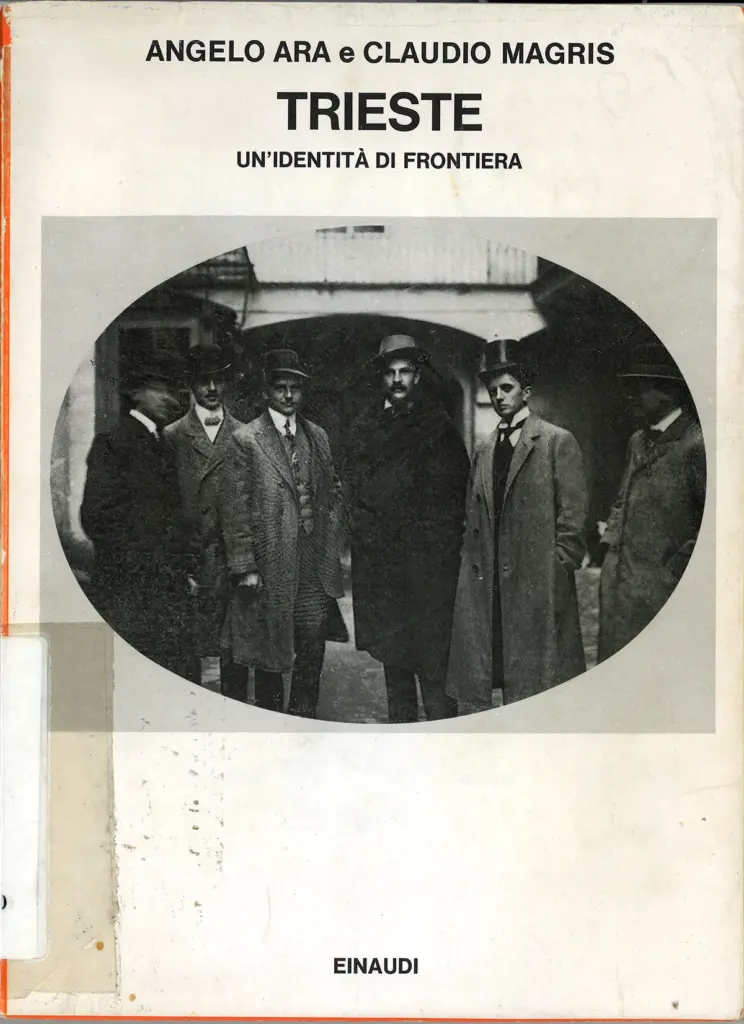
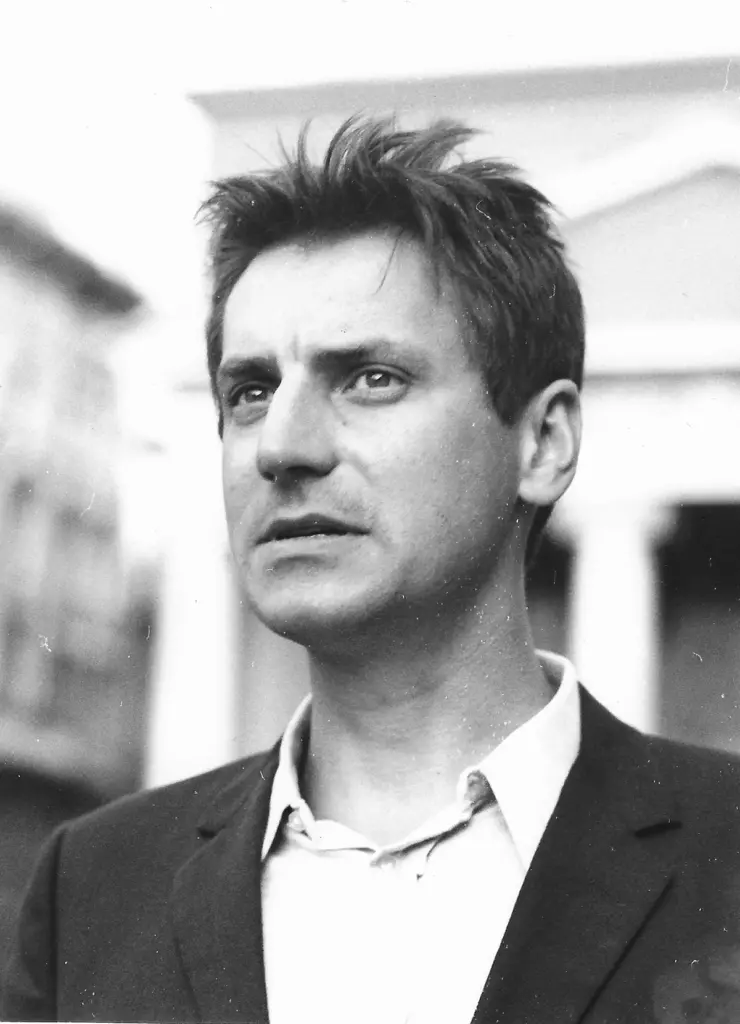
With his study Il Mito asburgico nella letteratura austriaca moderna from 1963, the Germanist Claudio Magris began his reflection on the myth of the Austria Felix and Central European civilization. He investigated its relationships with Eastern Jewish culture which became a powerful catalyst for literary development in the lands of the former Empire and, in particular, in his own city of Trieste.
Danubio (1986), translated into more than thirty languages, is Magris’s great success. It recounts a journey of three thousand kilometres along the banks of the river of the same name and the very concept of the Mitteleuropa becomes concrete, reflected by the myriads of small and large narratives that the author encounters following the Danube from its true source to its mouth in the Black Sea.
Magris’s attention often turns to supporting actors, to those who don’t fit in, to those who in the fullest sense remain eccentric. These include: Il Conde (1993) a Portuguese fisherman of corpses, Goethe’s servant Staedelmann (1988) and Carlo Michelstaedter’s friend, the Greek scholar Enrico Mreule, protagonist of Un altro mare (1991). And again the “mad” painter Vito Timmel, who lived and died in a mental hospital (La mostra, 2001) and the “weird” weapons collector Diego De Henriquez.
The nostalgia of the Defonta
Returning to an idealized past – the defunct monarchy – to deal with a disappointing present, more or less seriously
Carolus Cergoly
Count Carlo Luigi Cergoly Serini (Zrini) made his debut as a futurist with the collection Maaagaalà (1928). He composed verses in Italian, in Venetian and in a creative “triestino lexicon” that was influenced by the lessons of Joyce, whom he met in Trieste when very young, and who later praised him, as well as Pasolini, Zanzotto Raboni, and Giudici. His multicultural, multilingual, independentist vision faced harsh criticism and accusations of pro-Slavism in the 1950s.
Cergoly’s prose works, which belong to the last phase of his life, represent a distillation of his ideas, aspirations and nostalgia. In 1979, the novel Il complesso dell’Imperatore gave the seventy-year-old writer a sudden success that paved the way for Fermo là in poltrona (1984) and L’allegria di Thor (1987), all equipped, like the first, with a long praising subtitle to the Mitteleuropa and its Hapsburg past.
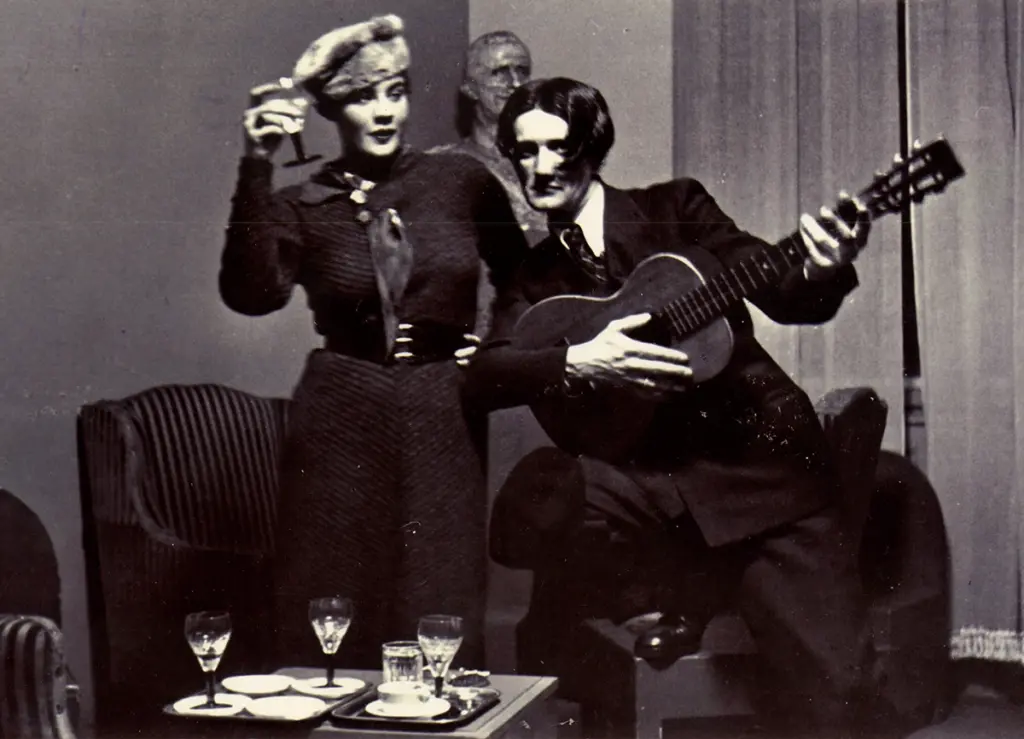
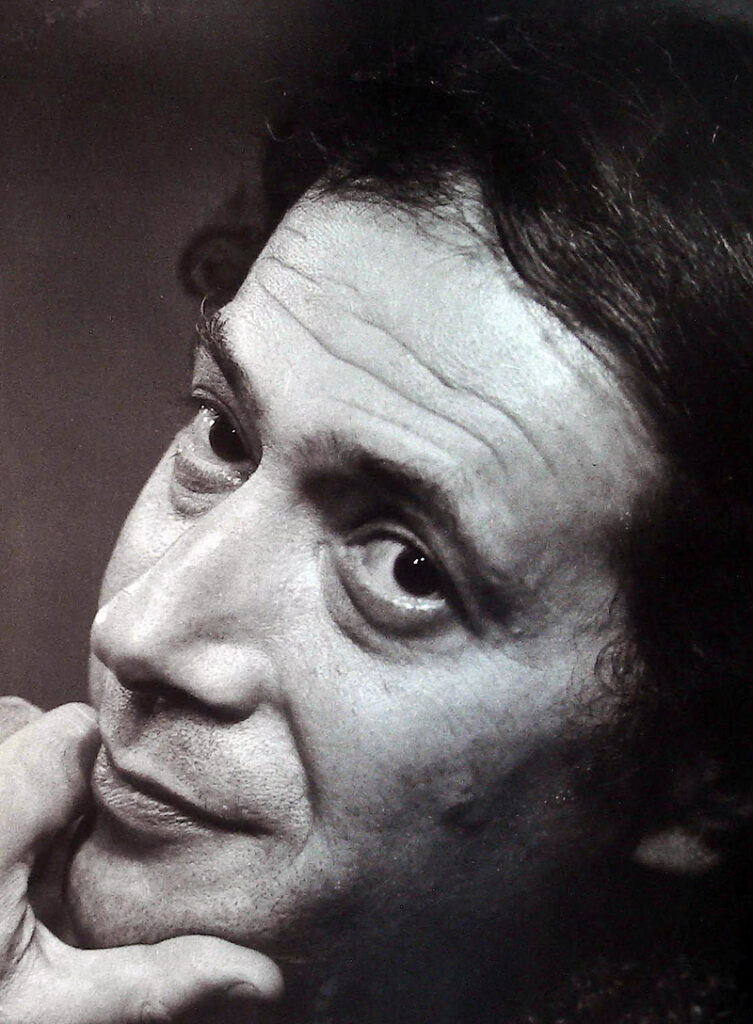
Giorgio Pressburger
Born to a Jewish family in the Budapest ghetto, he escaped two violent elements of history: the Nazi deportations as a child and the Russian invasion of Hungary in 1956. At the centre of his original artistic itinerary in narrative, dramaturgy and direction, there are the works Storie dell’Ottavo distretto (1986) and L’elefante verde (1988) written with his twin Nicola. After his brother’s death, he published La legge degli spazi bianchi (1989), a metaphor for loneliness. In 1991 he was the inspiration behind the Mittelfest in Cividale.
Giorgio Voghera
Voghera is a sort of emblem of literary Trieste. As a witness he tells us about Gli anni della psicanalisi (1980) which overwhelmed the small community of intellectuals and writers in Trieste. As an insurance company employee he caustically explains to us Come far carriera nelle grandi amministrazioni (1959) while as a member of a persecuted and wandering community he compiled a Quaderno d’Israele (1967). As a refined and shy artist he published a novel, Il segreto (1961), attributing it to his father.
